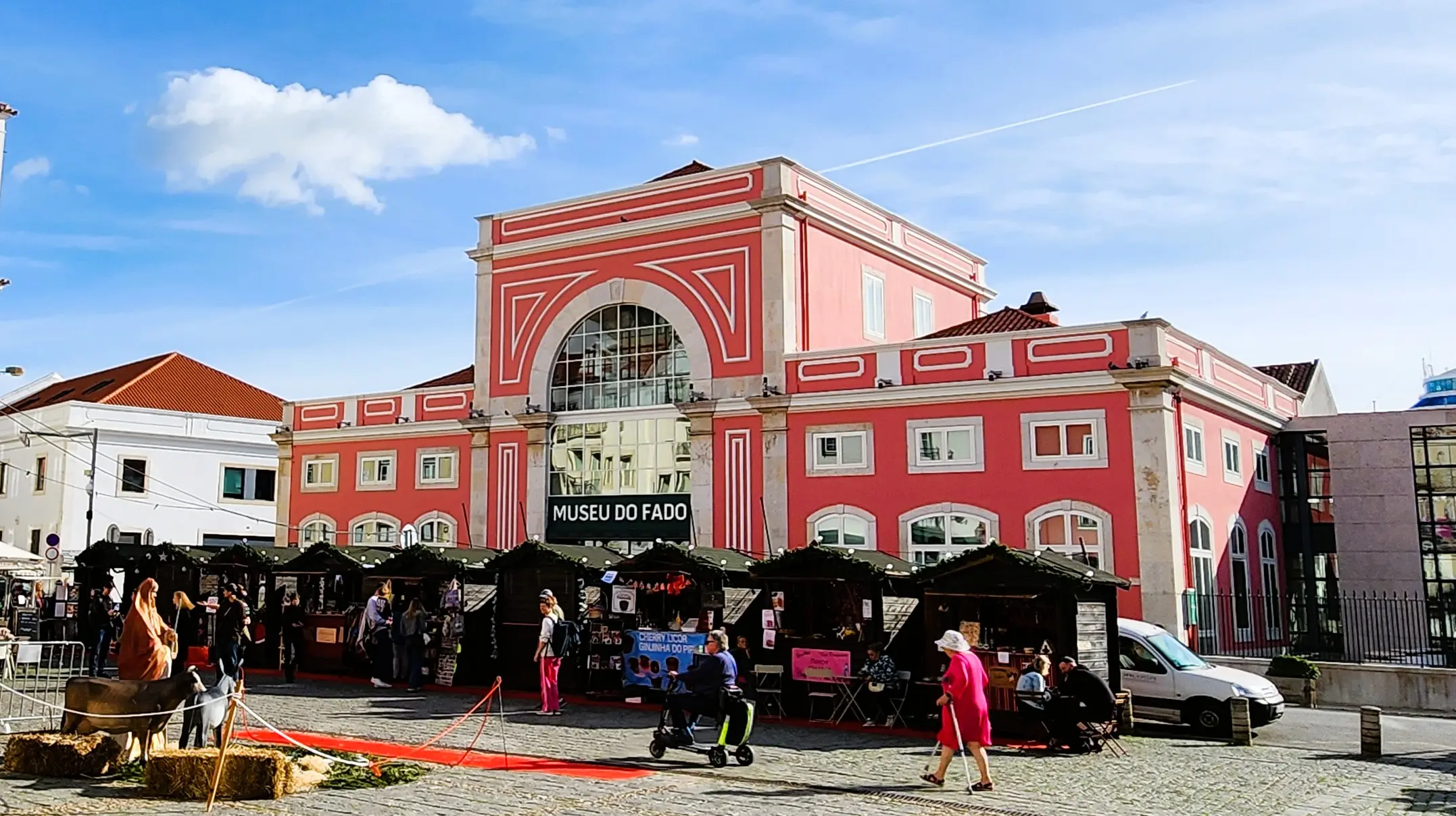Olá, friends! 🎶🌟 If there’s one sound that captures the heart of Lisbon, it’s Fado. Poetic, soulful, and steeped in emotion, this traditional Portuguese music is so much more than a melody—it’s a feeling. And during my time wandering the winding streets of Alfama, I had the chance to feel it for myself.
What is Fado?
Fado is often described as the musical expression of “saudade” — a deep, melancholic longing for something or someone that may never return. It’s raw, intimate, and heartbreakingly beautiful. Born in Lisbon in the early 19th century, it was once sung by sailors and working-class communities. Today, it remains an essential part of Portuguese culture, often performed live in small taverns or Fado houses with little more than a singer, a classical guitar, and a Portuguese guitarra (a 12-string instrument that sounds just as poetic as it looks).
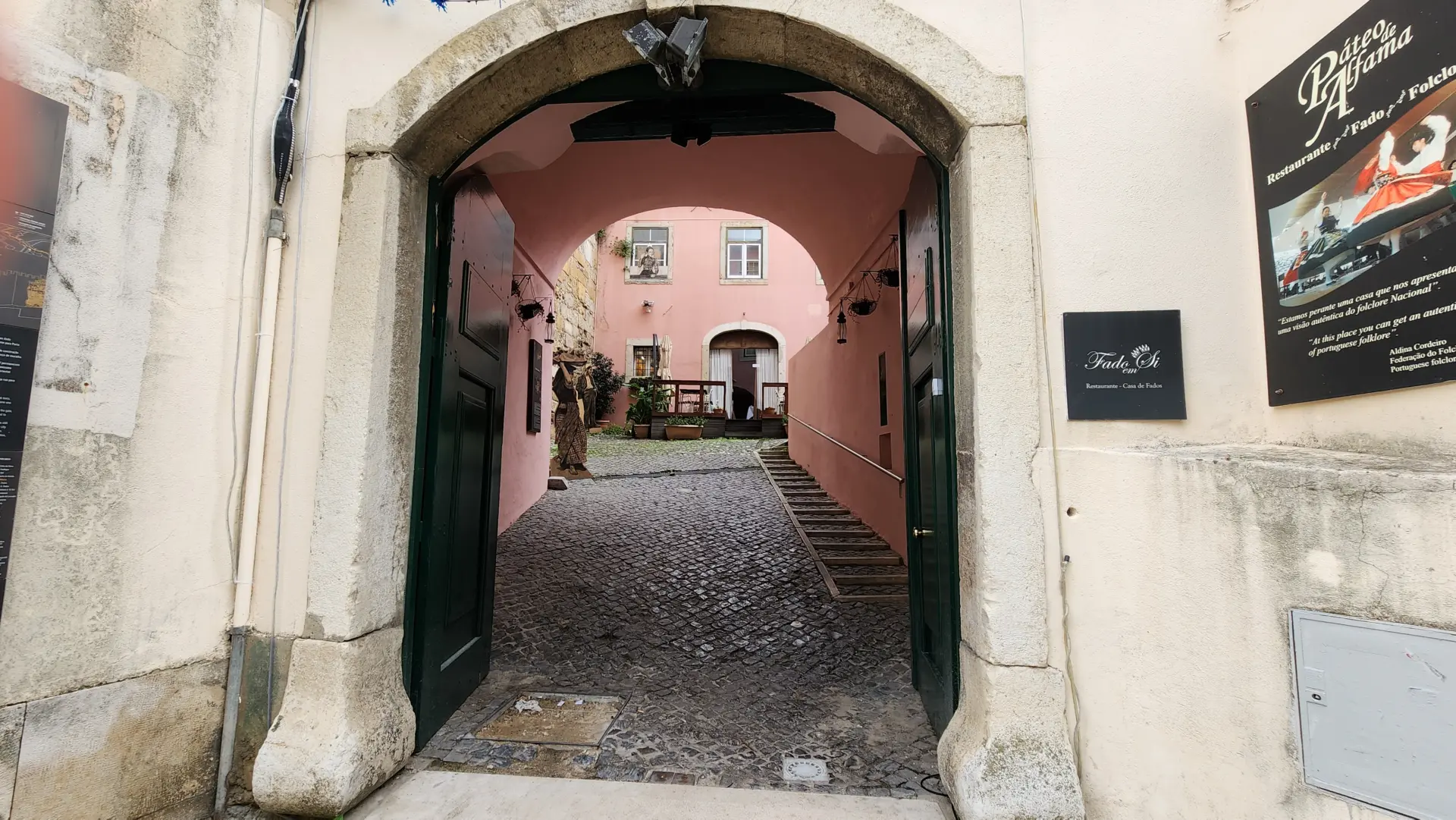
Fado in Alfama
Alfama, Lisbon’s oldest and most atmospheric neighborhood, is the soul of Fado. Its narrow alleyways, hanging laundry, and romantic views of the Tagus set the stage for something timeless. Here, Fado isn’t just performed—it’s lived.
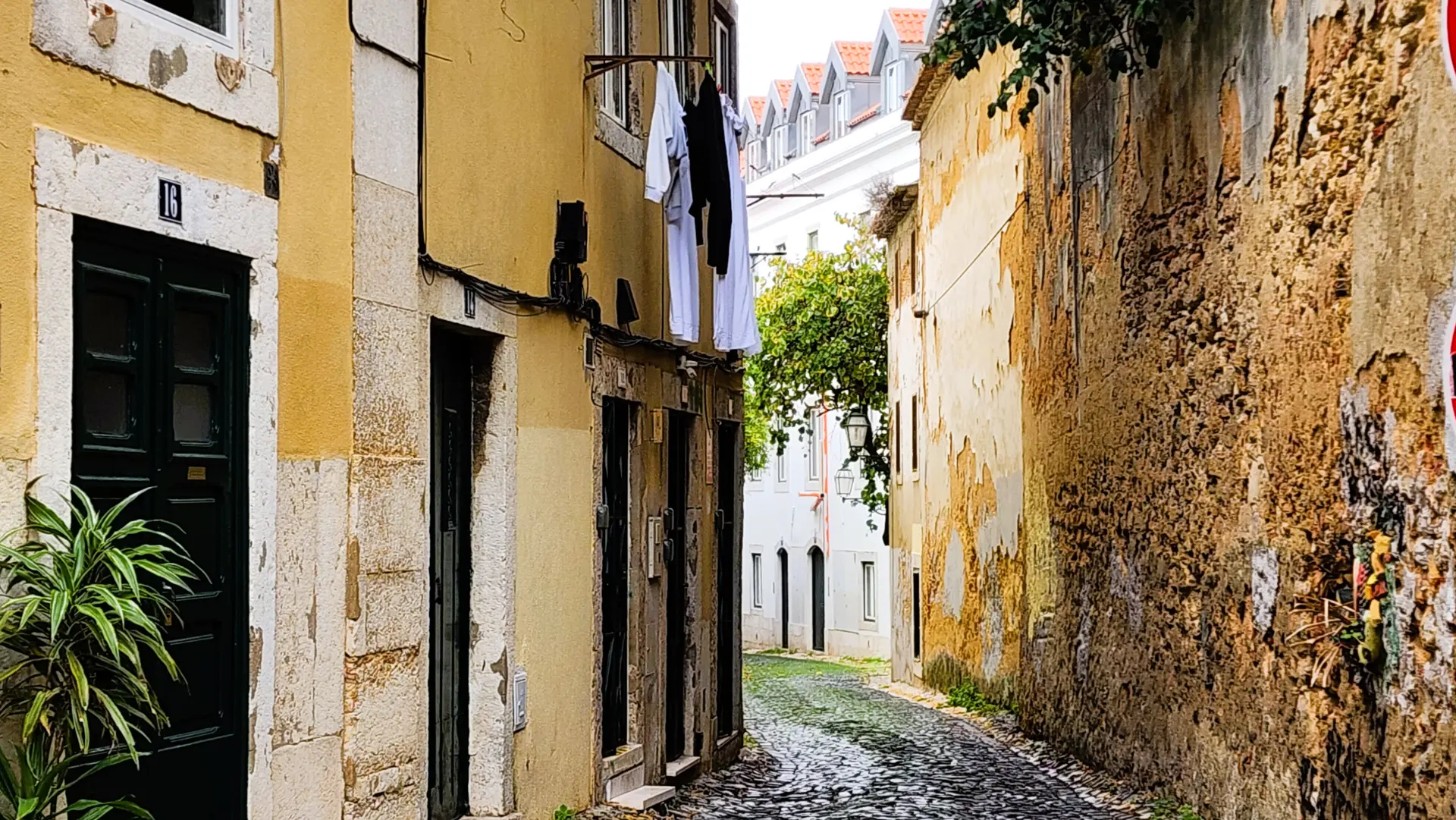
If you want to learn more about the music before or after catching a live show, make time for the Fado Museum, located right in the heart of Alfama. It offers fascinating exhibits, interactive displays, and a deep dive into the history of this genre—from its roots to the lives of legendary performers. It’s a perfect daytime stop before experiencing Fado in the wild later that evening!
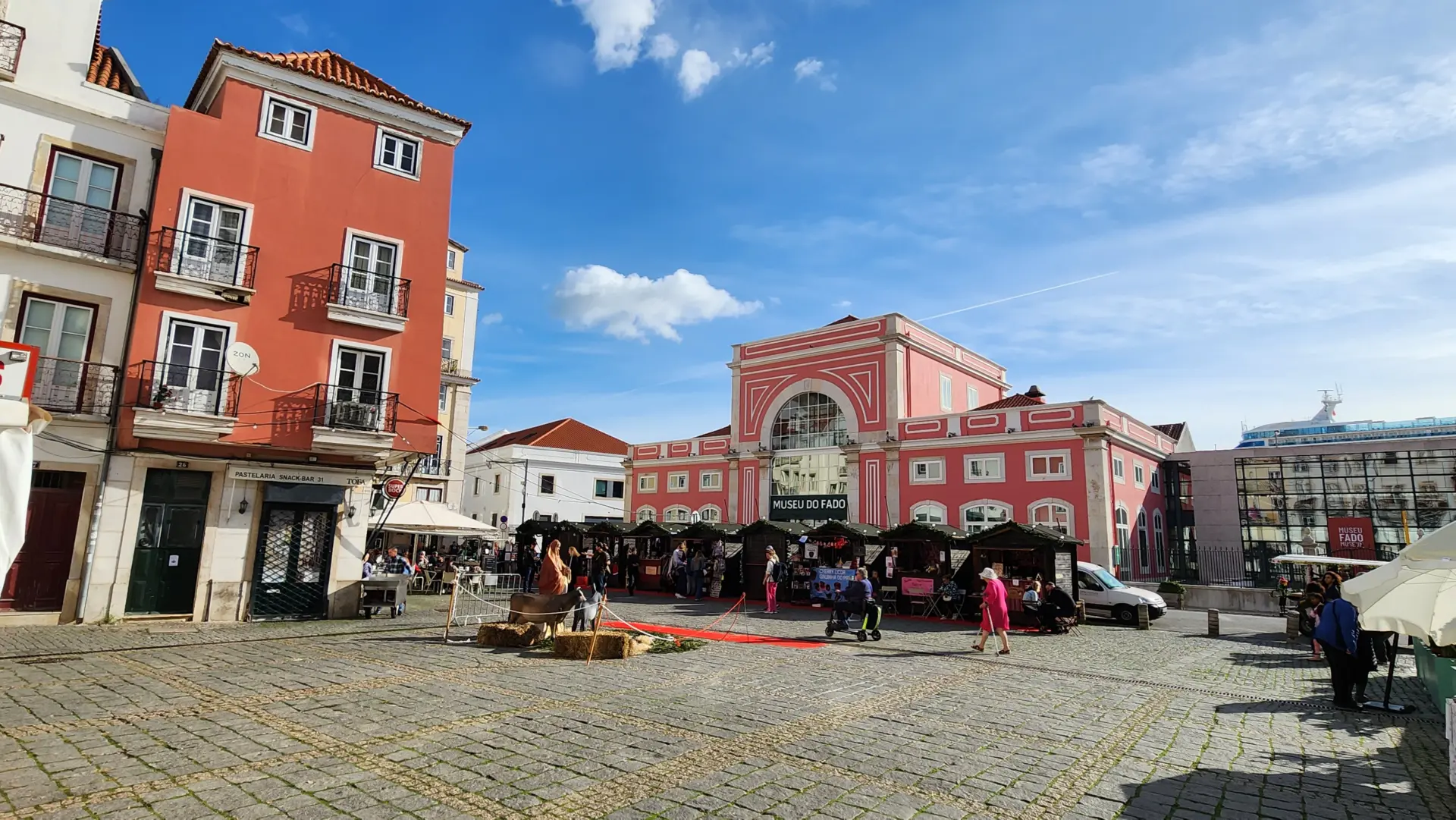
One evening, I followed the soft sound of music into a dimly lit Fado house. Candles flickered, the crowd hushed, and then—with the first haunting note—time slowed. It felt like the entire room was holding its breath. The music told stories of love, of longing, of Lisbon itself. Even without understanding every word, I felt it all.
Amália Rodrigues: The Voice of Portugal
You can’t talk about Fado without honoring Amália Rodrigues, the most iconic Fado singer of all time. Known as the “Queen of Fado,” her voice carried the soul of a nation to international stages. Her expressive tone, dramatic delivery, and poetic lyrics made Fado famous across the world.
Amália’s legacy is everywhere in Lisbon—in murals, museums, even in the way locals speak her name with reverence. If you want to dive deeper, the Casa-Museu Amália Rodrigues is open to the public and offers a touching glimpse into her life, style, and impact.
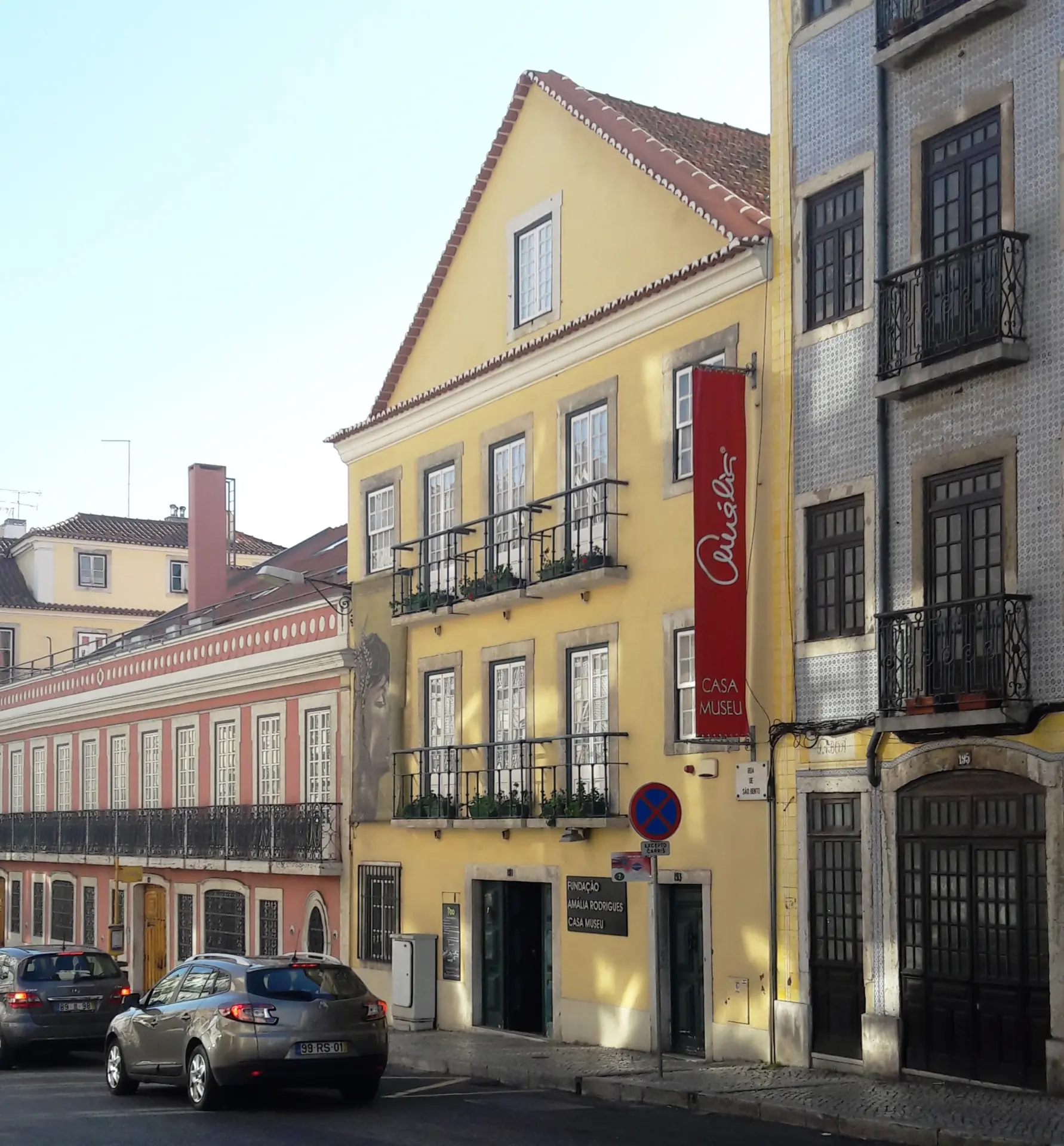
Where to Experience Fado
There are many incredible Fado houses in Lisbon, but some favorites include:
- Clube de Fado (Alfama)
- Tasca do Chico (Bairro Alto)
- Mesa de Frades (a former chapel!)
- Parreirinha de Alfama (a classic institution)
Many offer dinner with the performance, but the real star is always the voice. Be ready for silence when the singing starts—it demands (and deserves) your full attention.
Final Thoughts
Fado isn’t just a genre. It’s the heartbeat of Lisbon—a sound that aches and soars, that celebrates life and mourns its losses. It’s music you feel in your bones.
Whether you’re walking through Alfama at dusk, visiting Amália’s museum, or just letting a haunting song play while watching the sun set over the Tagus, you’ll understand: Fado is Lisbon.
Until next time, stay soulful and curious. 🎶
xoxo,
Bubbly 🌟
🌟 Everything You Need to Plan Your Dream Trip in 2026
- 🌟 Luxury Hotels - Find premium stays with Booking.com & Hotels.com
- 🏡 Vacation Rentals - Discover unique properties on VRBO
- 🏞️ Guided Tours - Explore with Viator or GetYourGuide
- 🎫 Attraction Tickets - Skip the lines with Tiqets
- 🚢 Ocean Cruises - Set sail with Cruise Direct
- 📱 International SIMs - Stay connected with Saily
- 🚗 Car Rentals - Budget-friendly options from Discover Cars
- 🌐 Secure VPNs - Browse safely with NordVPN
- 💶 Currency Exchange - Best rates with Wise
- 🗣️ Learn Languages - Master the local language with Babbel and Rosetta Stone

